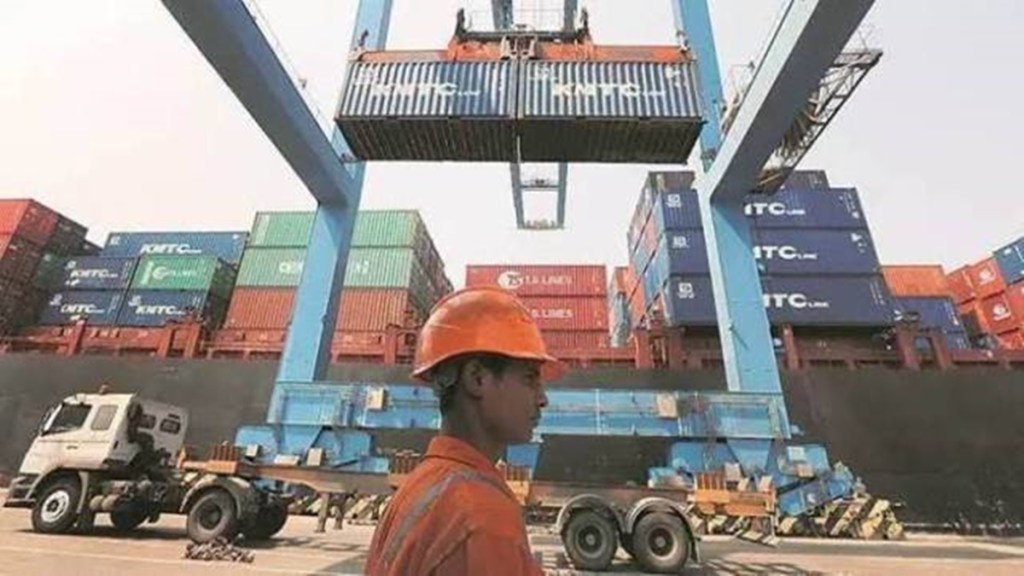The negotiators working on the India-UK free trade agreement (FTA) are close to reaching a pact on five more policy areas and closing in positions on contentious areas of intellectual property rights and rules of origin, commerce secretary Sunil Barthwal said on Friday.
“We have been able to close 14 chapters (policy areas). Five chapters our negotiating teams are saying we will be able to close. Those deal with important contentious issues like labour, environment and digital trade,” he said at a briefing.
India and UK talks on FTA cover 26 policy areas and both sides are also negotiating a separate investment agreement that will be signed along with the trade agreement.
Bits and pieces are coming together to close the positions on the five more chapters that include issues like environment, labour and digital trade, he said.
“There are some differences with respect to IPR and rules of origin. In the services sector also there are a few issues left out. We are working on those issues. Hopefully, we will be able to close the issues and progress further on FTA,” Barthwal said.
Rules of Origin specify what should be the local content in a product being exported to qualify for concessional import duties. These are a part of all FTAs to prevent third countries from routing their products through countries that are party to the deal.
Barthwal said the FTA with the UK is the most complex FTA which we are going to sign. “The UK will be the first country with which we are going to have a very comprehensive FTA. Which we have not signed with any developed country as such”.
So far, 10 rounds of negotiations have been completed on the FTA and the 11th round is in progress in the UK.
The commerce ministry has recently stated that the India-UK talks for a free trade agreement have reached a “critical stage”.
Commerce and industry minister Piyush Goyal was in London from July 10-12 for giving a push to the FTA talks.
The two countries last year missed the deadline to complete the negotiations due to the political situation in the UK.
The Indian industry is demanding greater access for its skilled professionals in the UK market and entry of Indian whisky by removal of conditions pertaining to the three-year minimum maturation period. The UK is also seeking a significant cut in the import duties on Scotch whisky. Britain is also looking for more opportunities for UK services into the Indian markets. Another contentious issue that will come up during negotiations will be tariffs on auto.
India’s merchandise exports to the UK increased 9.03% on-year in 2022-23 to touch $11.4 billion while imports rose 27% to $8.9 billion. FDI from the UK stood at $1.7 billion in FY23 as against $1.6 billion in the previous year. India’s main exports to the UK are ready-made garments and textiles, gems and jewellery, engineering goods, petroleum and petrochemical products, transport equipment, spices, machinery and instruments, pharmaceuticals and marine products.
The main imports from the UK include precious and semi-precious stones, ores and metal scraps, engineering goods, professional instruments other than electronics, chemicals and machinery.
